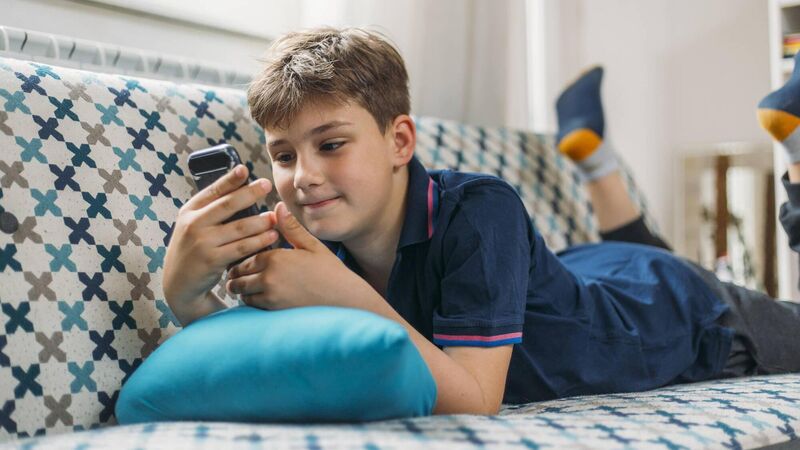Colman Noctor: Long and isolated summer for young teenagers

The lack of opportunities for young people and subsequent underdeveloped social skillset means that children's communication can often be limited to online and virtual platforms.
I recently talked with a group of young people as part of a work project. I began to ask them about their experiences of the first summer break from school since the end of Covid restrictions. I expected to hear many accounts of adventurous plans for the summer and how they were planning to ‘make up for lost time’ having had such a disrupted summer for the last two years. But while the older group talked about their plans for the traditional Leaving Cert holiday to exotic destinations like Magaluf and Ibiza and the younger children about their back-to-back summer camps, the middle teens seemed to have little sense of what to do during the summer holidays.










